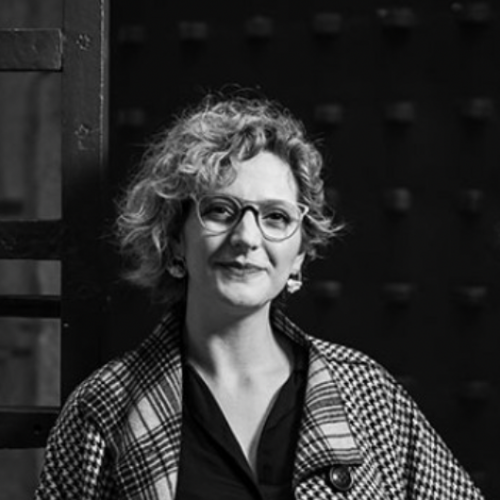Editorial notes: and the big event is here!
And the big event is here!
The ESC’s 25th anniversary is upon us, and we are celebrating it in the most perfect place: Athens, named after Athena, the Greek goddess associated with wisdom, often depicted with martial clothing as she is also considered a warrior goddess.
While many might consider knowledge – particularly scientific knowledge – as something quite distinct from war and fighting, it seems nonetheless that intellect and power are intertwined. In current academic times, you need both.
Intellect is essential for assembling and integrating years of theoretical and empirical work on crime and justice, for designing original research that responds to pressing societal problems and theoretical gaps, for gracefully maintaining the balance between ethical and methodological rigour, and for analysing and offering critical insights into the latest scientific production.
But power and force are just as important. Navigating very competitive funding opportunities, securing precarious job opportunities, and protecting a healthy work-life balance require strength. Developing strategies to occupy the public arena by informing policy-makers and practitioners on evidence-based research, and countering disinformation that uses crime and fear of crime as political weapons for pushing populist agendas demands strategies from criminologists.
Yet criminologists – and social scientists as a whole, for that matter –are rarely viewed as actors of both knowledge and of force. When I asked ChatGPT to summarise popular views about criminologists, the response was revealing: people tend to think of them as detached intellectuals, working in the realm of theory and policy to improve justice systems, while the media often equates them with forensic scientists or criminal profilers. Some even view criminologists with scepticism, especially when they advocate for reform or rehabilitation, seeing them as "too soft" or out of touch with the "real-world" consequences of crime.
For the last 25 years, the ESC has brought unity within diversity, has promoted dialogue between different areas of expertise and approaches, and between different parts of the globe, bridging the divide between South/North and East/West, and has taken steps to guarantee gender diversity. Through awards, it has highlighted cutting-edge research, with special support to Early Career Researchers and, more recently, engaging young researchers in the ESC summer schools. But at the ESC, the future meets the past, particularly via the European Criminology Oral History project (or ECOH), launched in 2016, which has been building a collective memory of European Criminology by interviewing the founders of the ESC, former ESC presidents, ESC award winners and members who have made important contributions to European Criminology.
The European Journal of Criminology (with a 1.9 IF) has emerged as a prestigious and high-quality scientific outlet, proving that there is excellent criminological research taking place in many locations in Europe (and beyond) with great potential to inform further research and to help create more knowledge about what is so specific to Criminology in this part of the world. The EJC has particularly helped level the playing field for researchers from less central locations where traditions of criminological research may be newer but no less important. The journal has proved to be a crucial mechanism to foster criminological scholarship and research.
The ESC has also supported its members’ diverse interests of research by setting up Working Groups. They are now thirty-seven, an outstanding number which testifies the vitality of the ESC community. Many of these WGs organise publications from their members, host side events, and actively contribute to the annual conferences of the Society by reviewing abstracts and organising panels. The WGs, their chairs, boards and members have become, quite organically, an integral part of the ESC, expanding its reach and enhancing its impact.
The ESC Executive Board has been composed of scholars who voluntarily offer their time and expertise to administer the many ESC affairs. They are respected academics and researchers from all over Europe, whose work is absolutely crucial to keep the society as dynamic as possible and focused on the core goals stated in the ESC constitution. Seating in the Executive Board are also the annual conference organisers. It is no small feat to organise each of the annual conferences of the ESC, as it is usually an endeavour that takes years to prepare. And the groups of colleagues who, each year, decide to accept the challenge of organising a Eurocrim show unmatched courage and are absolutely primordial to promote the many fora for the dissemination of criminological knowledge that have assisted in the ESC’s importance and growth. As the Executive Secretariat’s regular reports demonstrate, the ESC has steadily maintained the growth of its memberships and participation in the annual conferences. A final word needs to go to the ESC Executive Secretary, who fully incorporates the ESC esprit de corps and whose tireless efforts ensure that the subtle and quick pulses of this amazing organism are working.
In sum, the ESC has been the polis – the community – for many individuals, groups, and initiatives which have unmistakably brought together intellect and power for all that they have created since 2000 and will continue to create in the next 25 years. As the Editor of the ESC newsletter, I hope I have been able to convey the multitude of facets and activities that compose the society. And I can assure you that I am looking forward to the years ahead!
